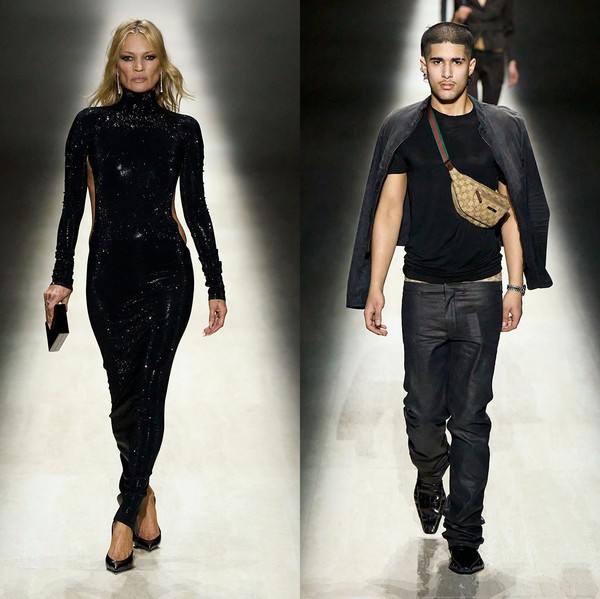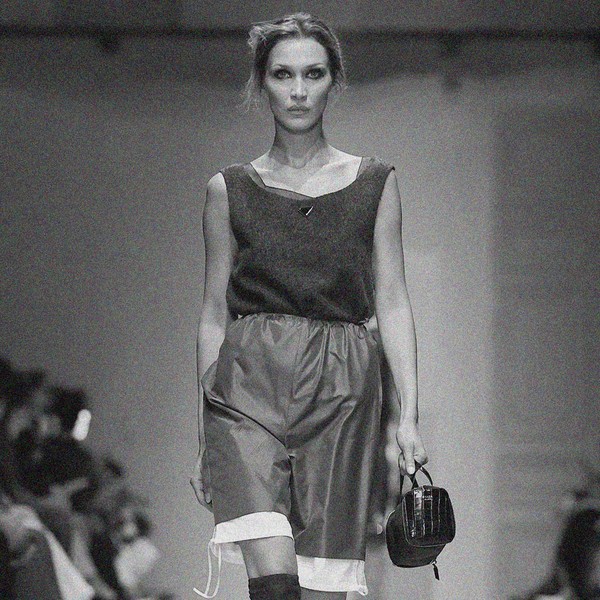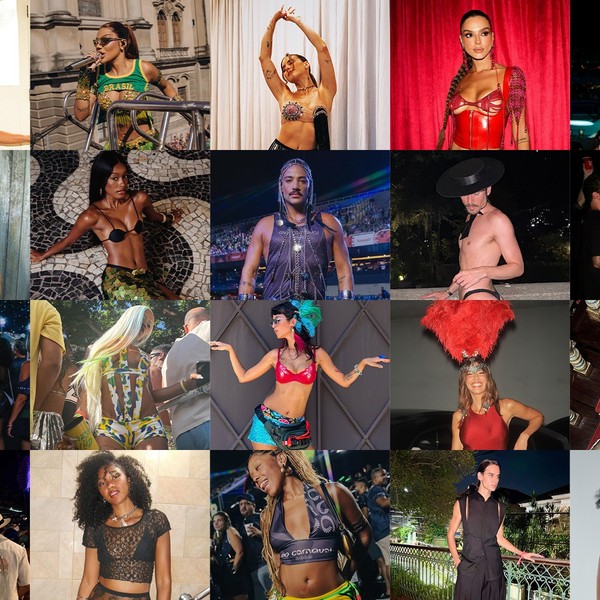Rajni Jacques' Career Is Proof That Representation Matters
It all started with a photo of Lauryn Hill on the cover of Honey magazine.
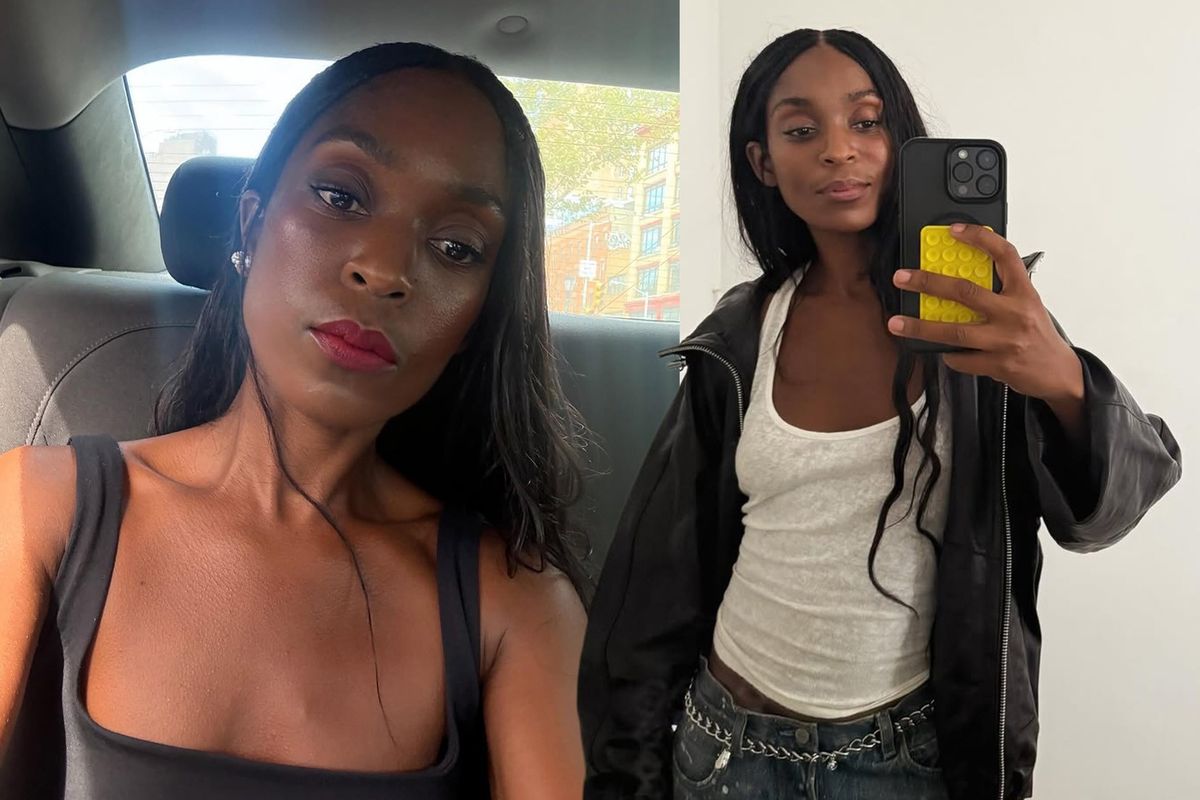
In "I Want That Job," we ask people who have niche dream jobs how they got to where they are—the highs, the lows and the biggest lessons along the way.
For Rajni Jacques, the path to a career in fashion and beauty wasn't straight, narrow, or clear cut. But an upbringing filled with artistic exposure, a strong work ethic instilled by her parents, and a fashion internship from an Editor-in-Chief who was also a Black woman all served as guiding lights. Now, as the Global Head Of Fashion & Beauty at Snapchat, Jacques' job is all about fostering connection between brands, celebrities, and social media personalities, and helping them connect with young generations.
As the daughter of Haitian immigrants who worked as physicians, the adults that Jacques was exposed to growing up were doctors, lawyers, teachers, and engineers—what many first-generation Americans consider "real jobs." While creativity was deeply admired and consumed, a creative path wasn't a clear option until she started seeing people that looked like her on the covers of magazines. From her magazine beginnings to now handling everything fashion and beauty for one of the largest social media platforms in the world, Rajni Jacques' career trajectory is proof that representation matters—without it, she might not have known that any of this was possible.
Keep scrolling to see how she got to where she is today.
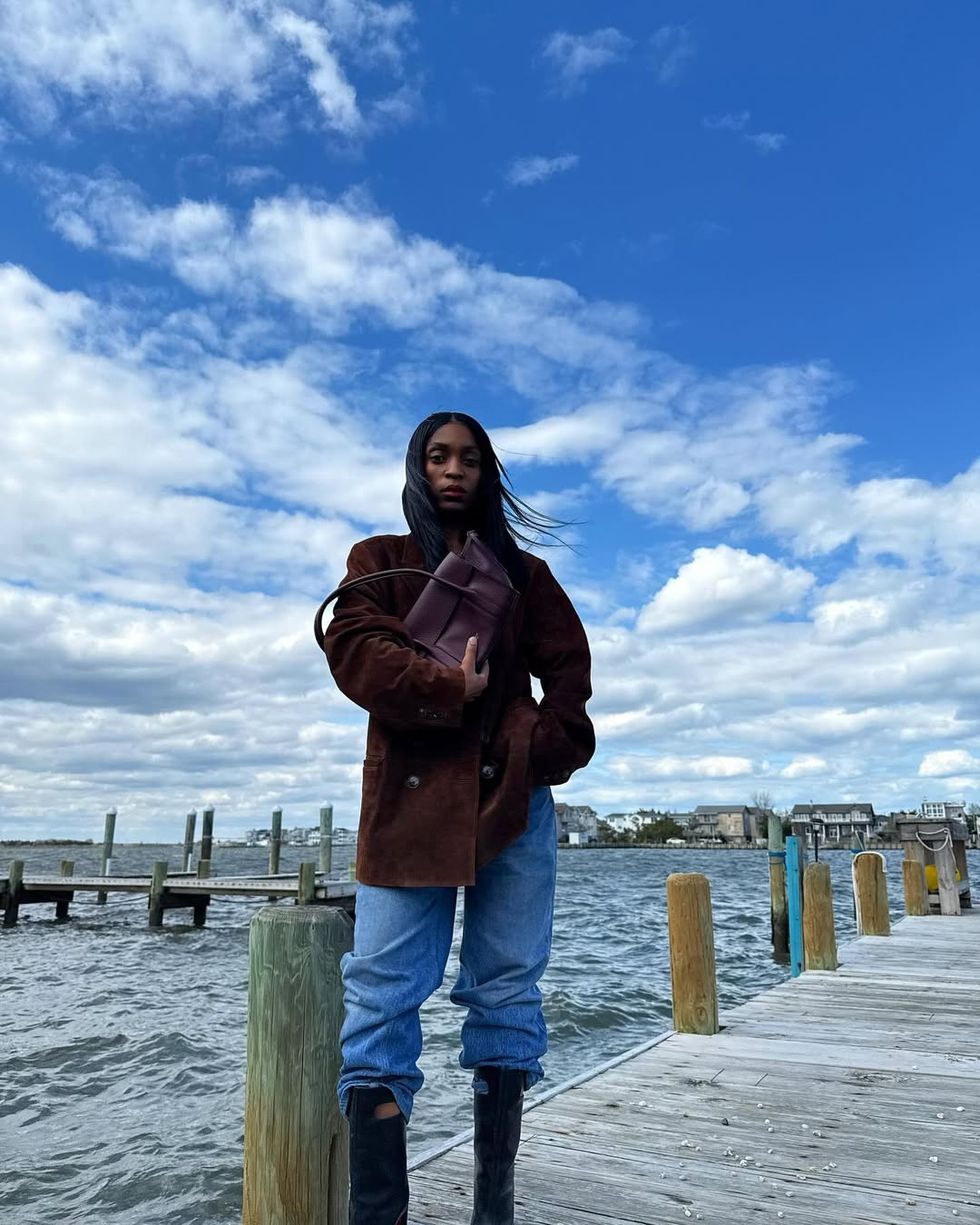
instagram.com/rajni_jacques
Describe your upbringing and background:
"I was born in Queens, New York and then moved to New Jersey with my family. I'm a first-generation American and my parents are immigrants from Haiti. So I grew up in a very Haitian household, which was great. Being American and being born here, and I oscillated between what American culture is and how that shapes you, and what my parents' culture was. I have children now and I'm so grateful that I was able to kind of have their perspective and how they raised me.
I think when you're young, you always just want to fit in. You always just want to go with the masses. You don't want to be singled out by any means. The things that I was hesitant about when I was younger are all the things that make me who I am today. Those cultural differences, those parenting differences, and even the language differences have helped me excel to where I am today. I had a good life growing up. I was very much exposed to arts and culture and music through my parents, as well as language, travel and work ethic. They both came here in the late '70s, and both my parents are physicians. Growing up, seeing their work ethic, seeing what mattered to them—how much they put into executing their goals—has definitely rubbed off on me."
When did you realize that you're interested in fashion and beauty?
"To be honest with you, it was late in the game. I never imagined myself working in fashion and beauty because I think, growing up, I never even knew that you could have a career in fashion and beauty or in publication or in editorial. Those things weren't necessarily front and center to me. Again, just the people that worked around me and the grown-ups that I saw all had kind of clear cut professions: doctor, lawyer, teacher, professor, engineer. Growing up I just thought: hey, when I grow up ,I'll be one of those things. So, fashion and beauty came to me very, very late in the game. But the one thing I did have at a young age was a love of art and culture, which I will credit my grandmother. I have always loved different authors, photographers, painters, and creators. I always loved storytelling. For me, those were hobbies, but not necessarily professions.
When I think about how I ended up here—it was not by mistake, but it was a not-so-clear-cut way. I just happened to meet someone who worked in fashion and I was like, all right, I need an internship. But I was not really thinking that it could be anything fruitful for me in my life. And then once I started that route, I started thinking that I could do this full time. I realized it was something that people can make money and live off. After college, I just wiggled my way into it with an internship and by meeting someone who essentially took me under her wing."
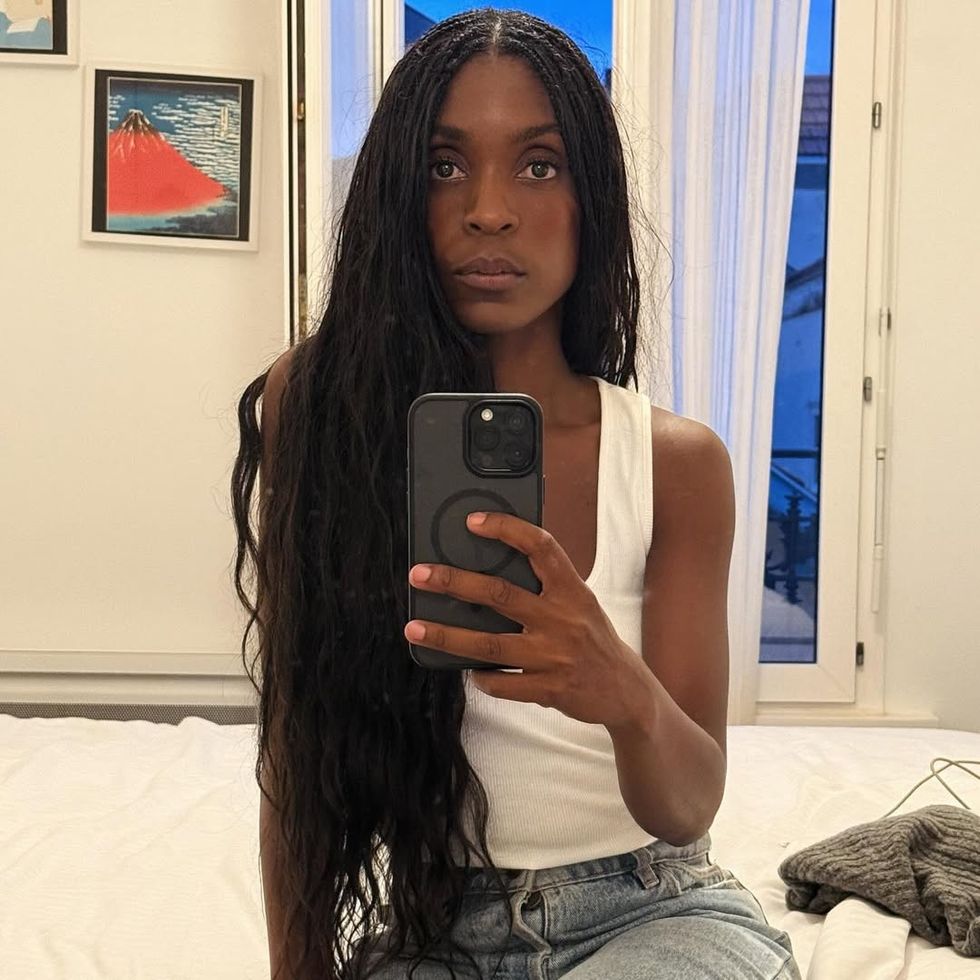
instagram.com/rajni_jacques
What was that first internship?
"There was this magazine back in the day, it was called Honey Magazine. I think of it as a Seventeen Magazine for young Black girls. The first cover was Lauryn Hill. And so that was the first time I saw myself in the media portrayed that way: this beautiful brown-skinned Black girl. You would see them here and there, you would have your Naomi [Campbell], you would have your older models like Beverly Johnsons, but that was it. So I think for me, I just never saw myself working in this industry because I never saw anyone that looked like me working in the industry. And so when I saw Sydne Bolden, who was the one that hired me as an intern at Honey Magazine, I was like, 'oh, a Black woman is doing this.' And that opened up my eyes to what was happening and what I could potentially be a part of."
What does your role as Global Head Of Fashion & Beauty at Snapchat consist of? What does your day-to-day look like?
"This is not cut and dry role, like my role was when I was working for magazines. Here, my goal is to foster, facilitate and accelerate a deeper relationship and understanding with fashion- and beauty-focused brands, creators, publishers, talent industry personalities, and editorial content. I work to drive a deeper understanding of what Snapchat can do for them and their business, and how they should use Snapchat to their advantage to possibly future-proof their business. I also work as an internal expert cross-functionally with marketing, sales and comms.
Externally, I talk about augmented reality, which is the lens that everyone uses. How do brands use those within their campaigns, within their tentpoles or launches? And then another thing is Bitmoji fashion—your avatar on Snapchat. Now, your avatar can wear Prada, North Face, Nike, Adidas, and more. I do all the partnerships for that to come to life. And then I work with creators, the Snap Stars, to bridge the gap between creators and brands, bringing them together so that the creators can amplify whatever the brands are doing on the platform."
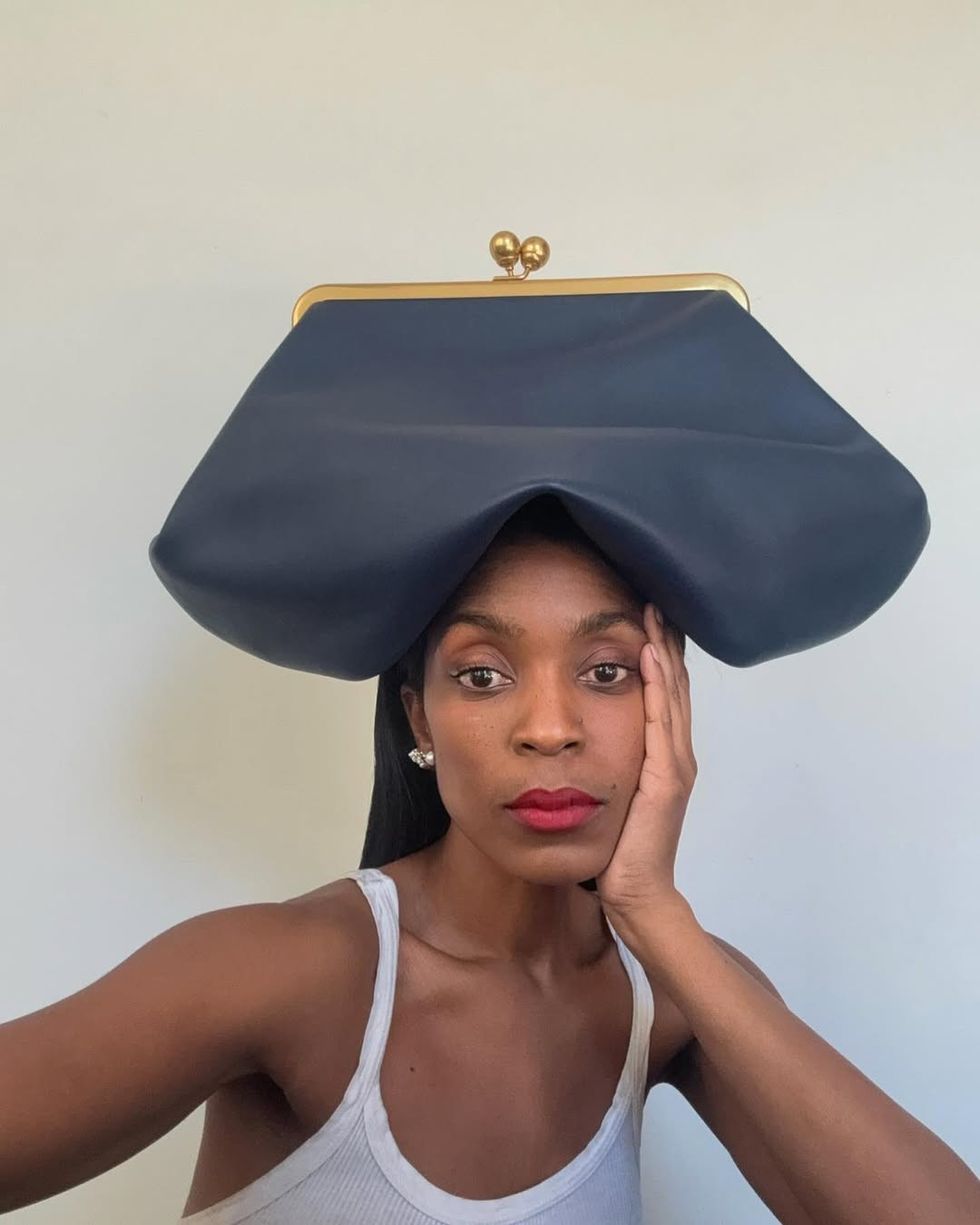
instagram.com/rajni_jacques
What do you look for in brands and creators that you work with?
"I look for creators who are hungry, creators who want to build their brand and equity for themselves. When you have a creator who is open to innovation and experimentation, that's even better for me, because then we think of the world together and see what we can do. When it comes to brands, it's the same thing. Snapchat is the leader in Gen Z, so the brands that I work with can be anything from MAC to Supergoop to Adida. When it comes to what I look for, it's: who wants to be innovative, who wants to utilize Snapchat in order to grow their business and have growth? For legacy and luxury brands, I ask: how do they tap into the new audience of Gen Z and now Gen Alpha? How do they meet the consumer where the consumer is? That's where I come in."
Did you have any mentors throughout your career?
"I did. I know this is going to sound cheesy, but going back to what I said about my parents' work ethic and seeing how they handled themselves, how much they worked, how they were able to do many things in life by multitasking, and possibly compartmentalizing things—they were my first mentors. When I started inching my way into this business, there was Sydne Bolden. Then, there were people where they had no clue who I was. And when I say no clue, I didn't know them personally, but I loved what they brought to the table, like Teri Agins, who is a journalist. It was nice to have people who were close to me who showed me the ropes, but I think there was also a thing of having people that I didn't know whose careers I loved—it was what they did, but it was also how they maneuvered in their world and how they spoke to the public. For me, Toni Morrison has always been a mentor. She's not in the fashion world by any means, but everything she said resonated with me and was very true. I feel like following or just being an admirer of who she was as a person definitely allowed me to kind of take morsels of that in my workspace and in my career growth, too."
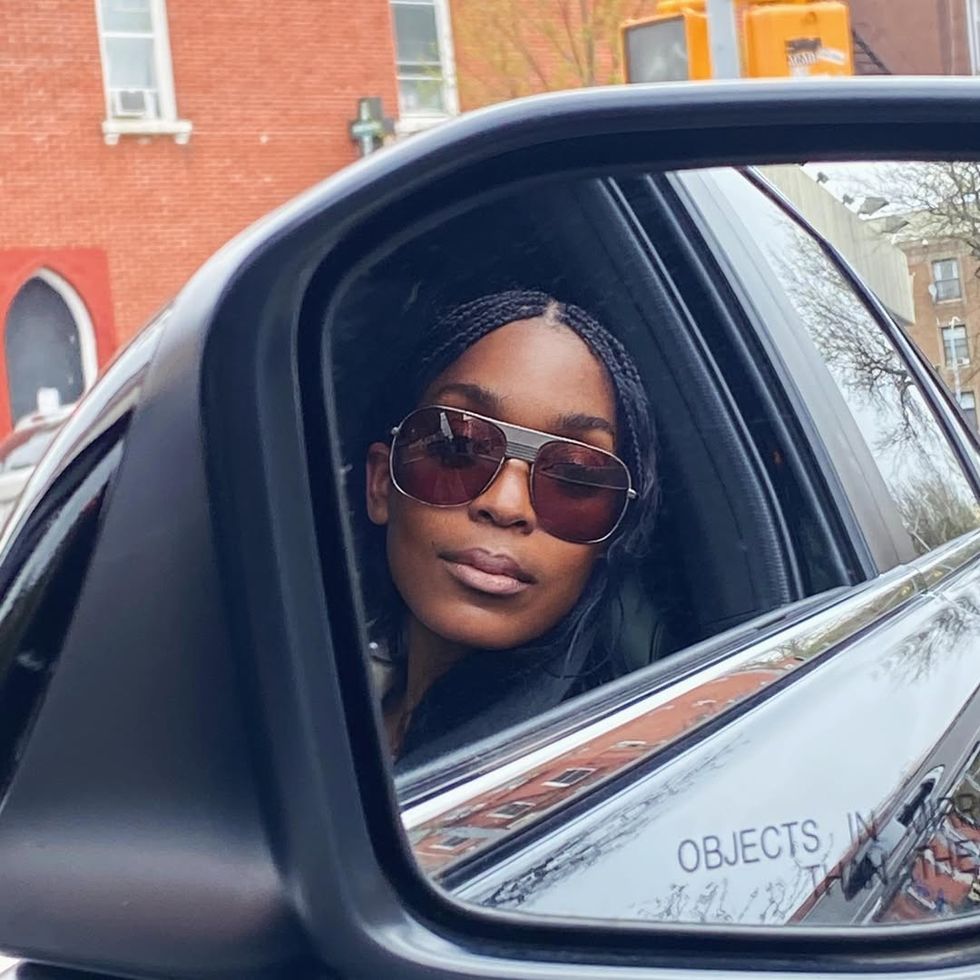
instagram.com/rajni_jacques
What advice would you give someone who wants to work in fashion or beauty?
"When I was starting in fashion and beauty, there was very much something called the one percent. You had to know someone that knew someone to get your foot in the door. I think now, with the advent of digital platforms like Snapchat, people can create their own resume without necessarily having to be part of that one percent anymore. You can create your own cover letter, your own world, and you don't necessarily need anyone's permission to do things.
That didn't exist when I was first starting out. It was very much old school: you emailed your resume to someone, you waited to see if they got back to you, and you followed up on the email. Now, because everything is so quick and fast, being able to build your portfolio on your own and send that link is a much democratic way. My advice is build your brand, whatever that is. If you want to be a photographer, if you want to be a fashion editor, whatever that is, you can build your brand. Another thing I would definitely say is study. I know people always think fashion and beauty are so frivolous in a way, but no, there is history to certain trends.
Open yourself up to people. I am not a networking person—I think it's just part of my personality—but I do think it's super valuable to go into spaces where you want to end up, like a cocktail hour or a panel, for example. Be in those spaces so that you can learn from the people that you want to follow. But then also meet those people and say: I would love to talk to you, even if it's for five, 10 minutes on this day or in a week or two."
How would you describe your personal relationship with social media?
"I'm from an era where analog and social came together, so I appreciate the stillness of before there were apps. But I understand that social media has democratized people being seen, especially marginalized people, including women of color. It allows you to have another platform to speak your truth or to even speak to injustices. So, in that way, I love social media. The one thing I'm very clear about is that my social media is the 1% of my life. I don't want people to compare themselves to what you see on social media because I would say 99.8% of it is not comparable. I think people should use it and see it for what it is: a tool to get you exposure and a tool to help whatever your goal is, but it shouldn't be who you are at all."
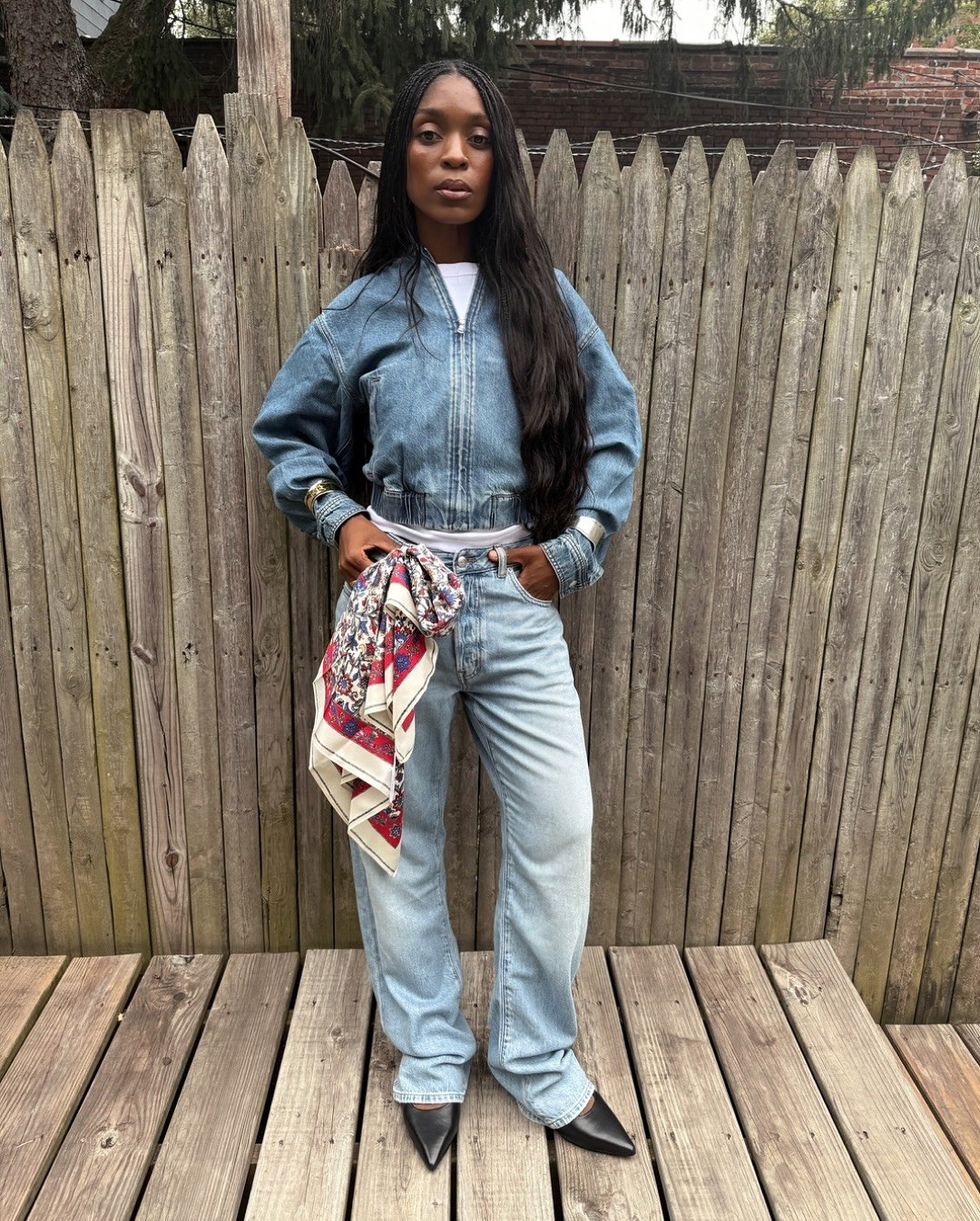
instagram.com/rajni_jacques
How would you describe your personal style? And what are your work fashion essentials?
"As I've gotten older, my personal style has been very easy. I'm always in a pair of jeans. I love denim, whether they're tight, high-waisted, baggy, whatever cut they are. I feel most comfortable in a really good pair of jeans and a really good tee or tank. It allows me to move quicker. I just feel more free. Classic, but not classic in an Annie Hall type of way.
I like things that I know I will wear not just today, not just tomorrow. Even if I get sick of it, I know I will go back to it in a couple of months. When I first started fashion, it was the time of street style photographers like Tommy Ton and Phil Oh and that whole group of people who where going to shows. We would get dressed up and it was fun, but I always felt like it wasn't fully comfortable, because I felt like I was performing in a way. As you get older, you get more comfortable with your body, the places you go, the people you surround yourself with. Your relationships get truer. I think there's a sense of self appreciation in a way; I know this style fits me and this is where I want to be."

